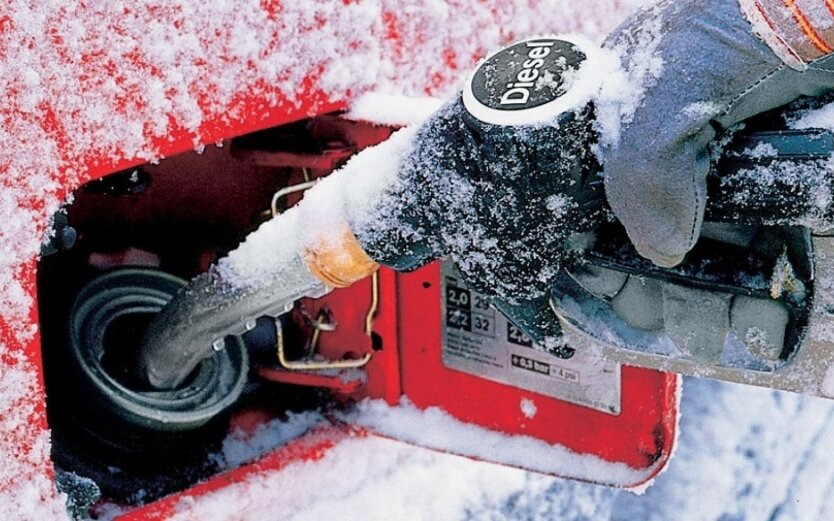What is excise and why is it needed.

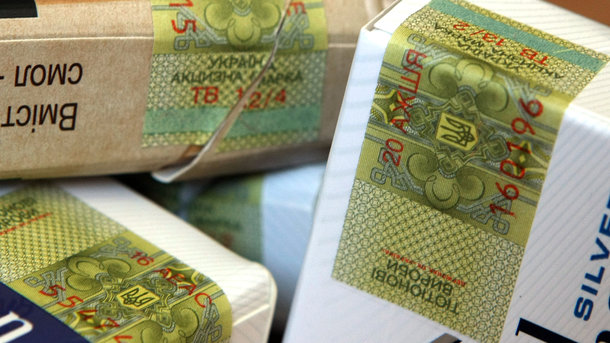
The tax system of any country operates with its own peculiarities. Excises are also part of this system. To put it simply, an excise is a tax on a specific group of goods.
In addition to what an excise is, if you want to better understand this system, it is important to understand why an excise is needed. After all, the function of the excise is incredibly important for the operation of the entire tax system.
What is an excise and why is it needed?
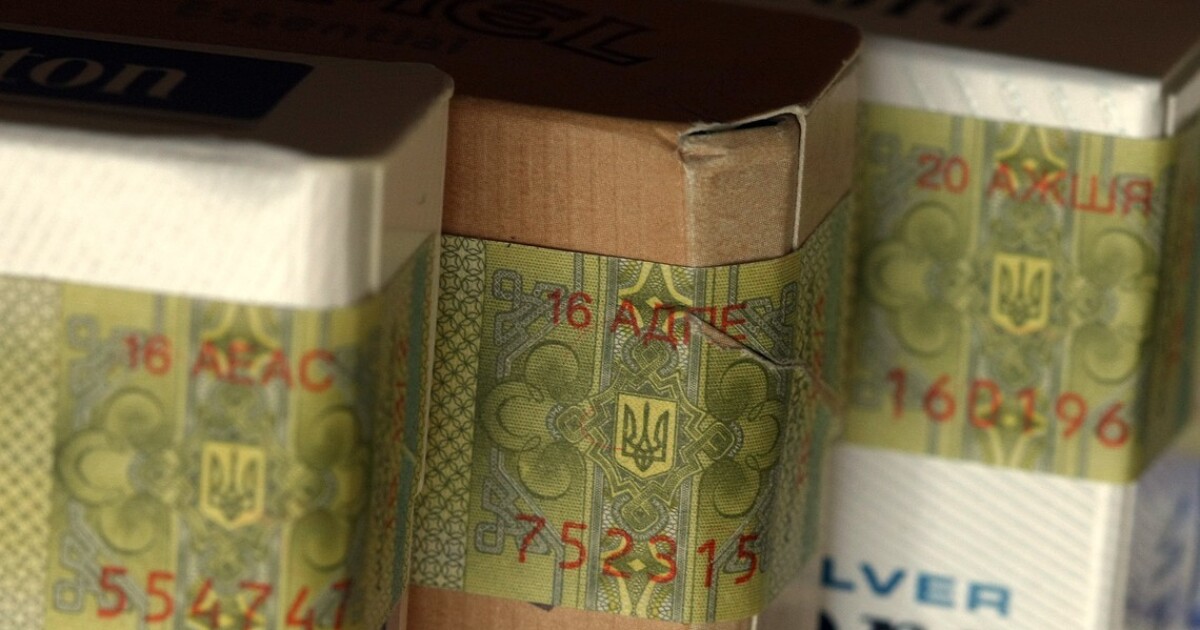
Thus, an excise is one of the types of taxes that the government imposes on certain goods, usually those considered harmful to health or the environment, or on products with high social significance.
This term sounds quite complicated, but in reality, citizens encounter excise goods constantly. First and foremost, alcohol beverages, tobacco products, fuel, and other goods are subject to excise. That is, all those goods that can pose potential danger.
It should be noted right away that an excise is a tax that is added to the cost of certain goods or services. That is, it does not directly affect the price of the goods themselves. Its difference from other types of taxes lies in the fact that the excise is an indirect tax. In the usual understanding, taxes are charged on the income and wages of citizens, while the excise is already part of the cost of goods, like cigarettes or alcohol. Essentially, this tax is paid by the end consumer when purchasing goods subject to excise.
On which goods does the excise work?
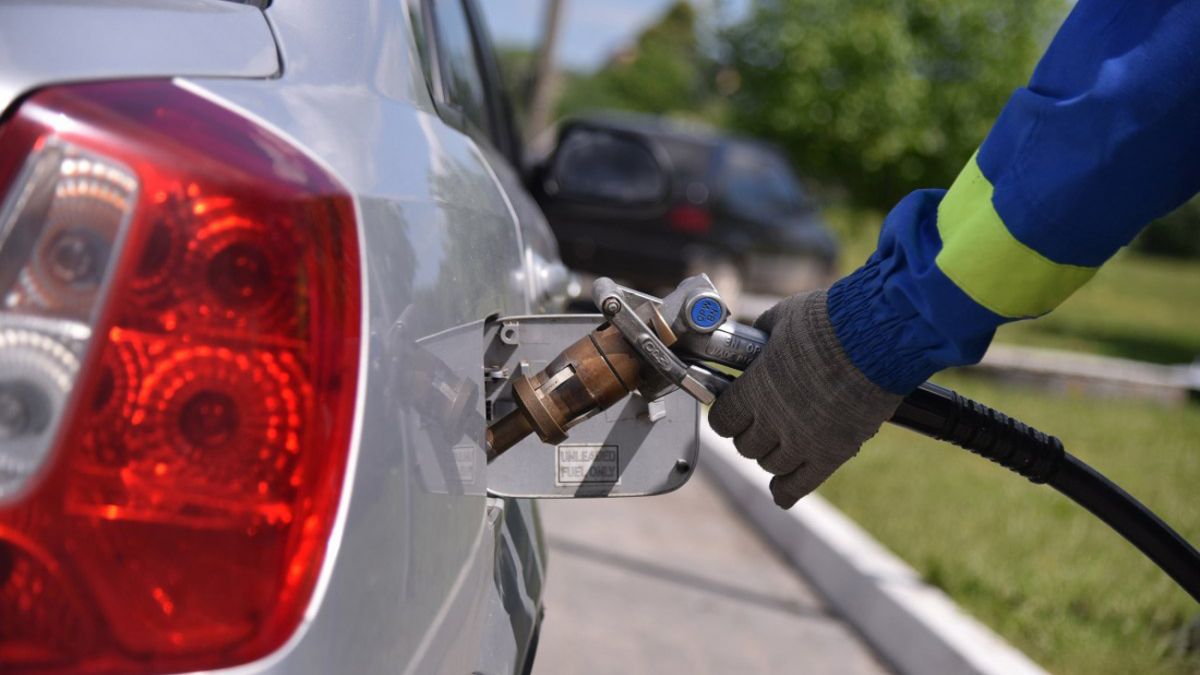
Not all goods fall under the action of the excise tax. These goods are classified into a separate group. Excise is imposed only on this group of goods. Sometimes this list changes.
Most often, excise is imposed on:
-
Strong alcoholic beverages and alcoholic drinks. This list can also include beer and wine.
-
Cigarettes, cigars, and all similar products that contain tobacco.
-
Gasoline and fuel.
-
Cars and motorcycles.
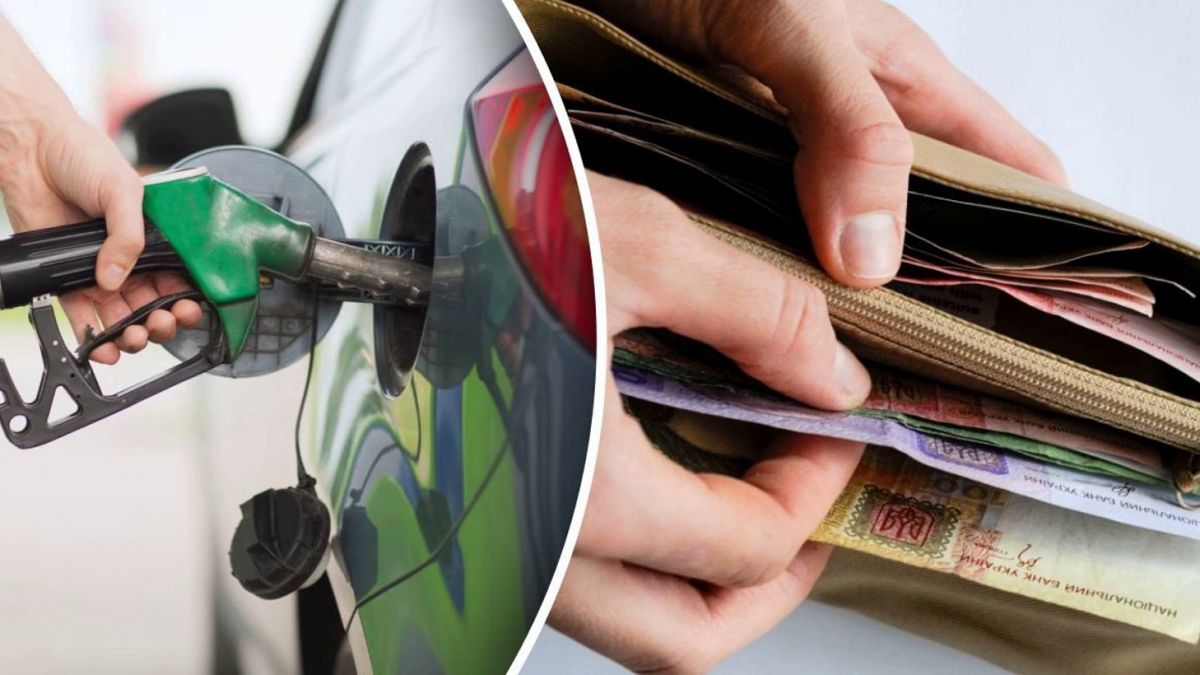
However, there are goods that can also be considered harmful. But they are not always associated with excise. For example, luxury items.
Why was the excise created?
The excise tax performs several important functions in the state. The first function of the excise is undoubtedly to replenish the budget. But the role of the excise does not stop there.
What else is the excise needed for:
-
The excise performs an important social function by reducing the consumption of goods that may be harmful to health or the environment. High taxes on alcohol and tobacco make these goods less accessible, reducing their consumption among the population. This helps in the fight against alcoholism and smoking, and also contributes to improving the overall health of the nation.
-
One of the main reasons for introducing excise is to replenish the state treasury. Since goods subject to excise have stable demand, the state can receive a constant income from their sale. These funds are used to finance social programs, healthcare, education, and other state needs.
-
Fuel and other goods that can harm the environment are subject to excise to reduce their use and encourage citizens and businesses to switch to eco-friendly alternatives. For example, high gasoline taxes may encourage people to switch to electric cars or other eco-friendly types of transport.
-
The excise also helps the government control the production and distribution of certain goods. For example, the production and sale of alcohol and tobacco are subject to strict control, which helps combat smuggling and illegal production.
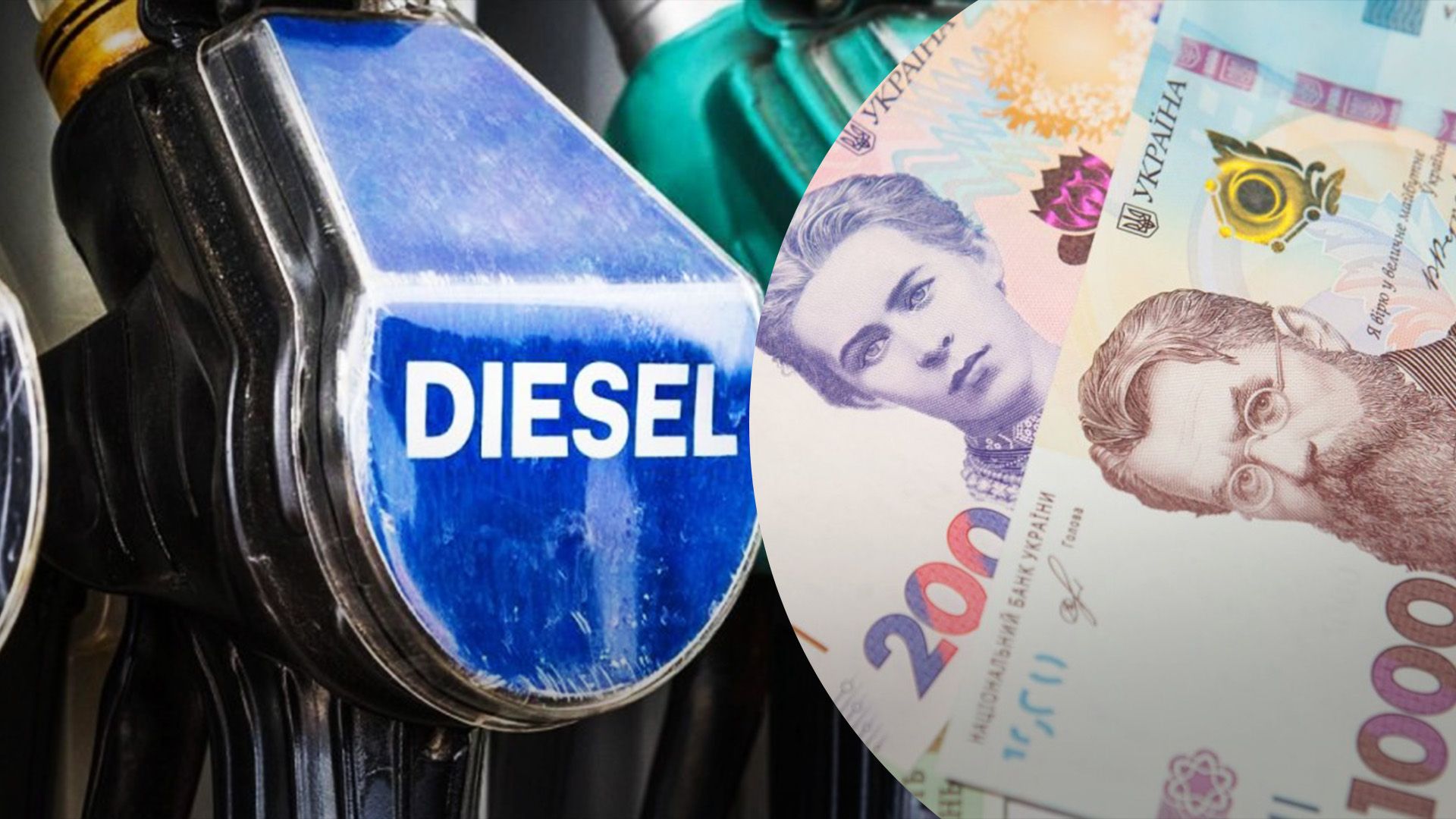
Given these factors, excise is very important for the tax system of the country.
How is the amount of excise determined?
Excise cannot be established at random. There is a separate and clearly prescribed system for determining excise. Each country uses its calculations as a basis.
In some countries, there is a fixed rate. In this case, the excise tax is set as a fixed amount per unit of goods. There is also a percentage rate. For example, for cars, an excise of 10% of their cost may be set. This means that the more expensive the car, the higher the excise that will have to be paid.
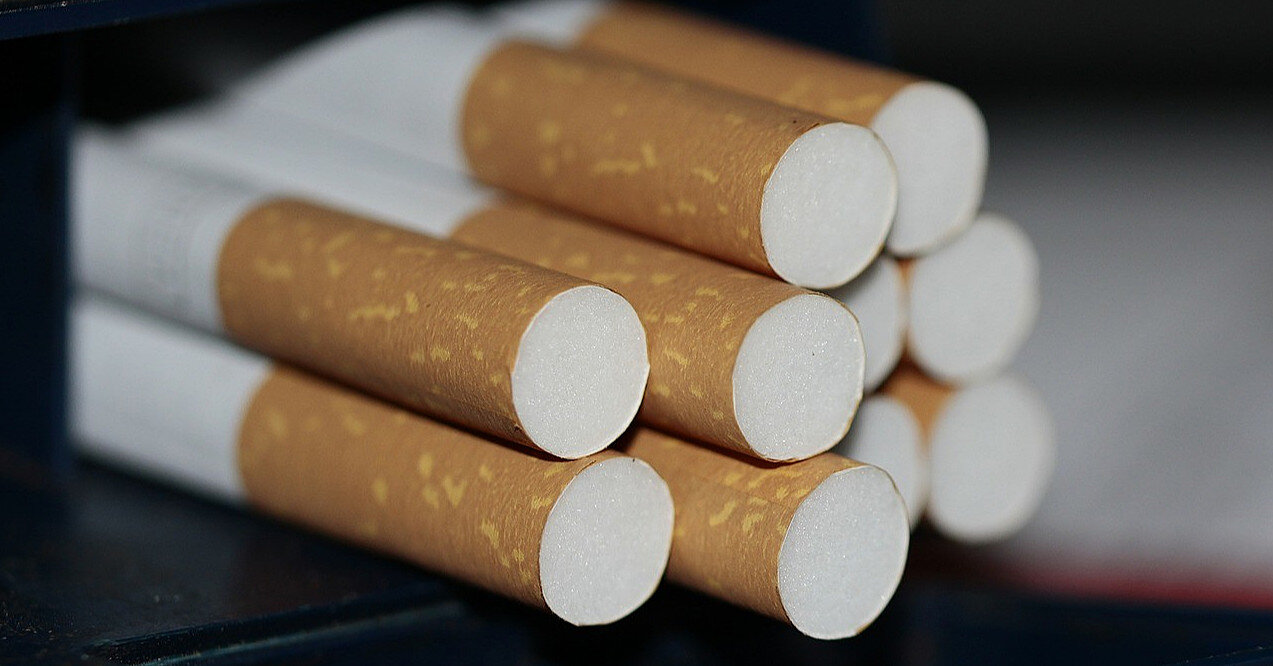
There is also the so-called mixed rate. This is a rarer phenomenon (this system is used quite rarely by countries). For example, the state may set a fixed excise amount on each liter of fuel and additionally charge a certain percentage of its price.
A few words should also be said about the consequences of the existence of excises in general. When the government raises the excise on a certain product, it means that its price in stores will also rise. As a result, consumers are forced to pay more for excise goods. However, it is precisely the high price that encourages the choice of alternative goods that are not as harmful to the body.
Read also
- Basic pension from 2025: who will receive more points
- A new tax will be introduced in Ukraine for Uklon, Bolt, Glovo, and not only
- Tomatoes increased in price in January: how much they cost in Megamarket, Novus, Metro and Auchan
- Drivers are facing a 'surprise' of 25 thousand: who will have to pay starting from February
- Fuel prices in Ukraine sharply increased: analysis of gas station prices in mid-January
- China Has Made Rice Significantly Tastier





